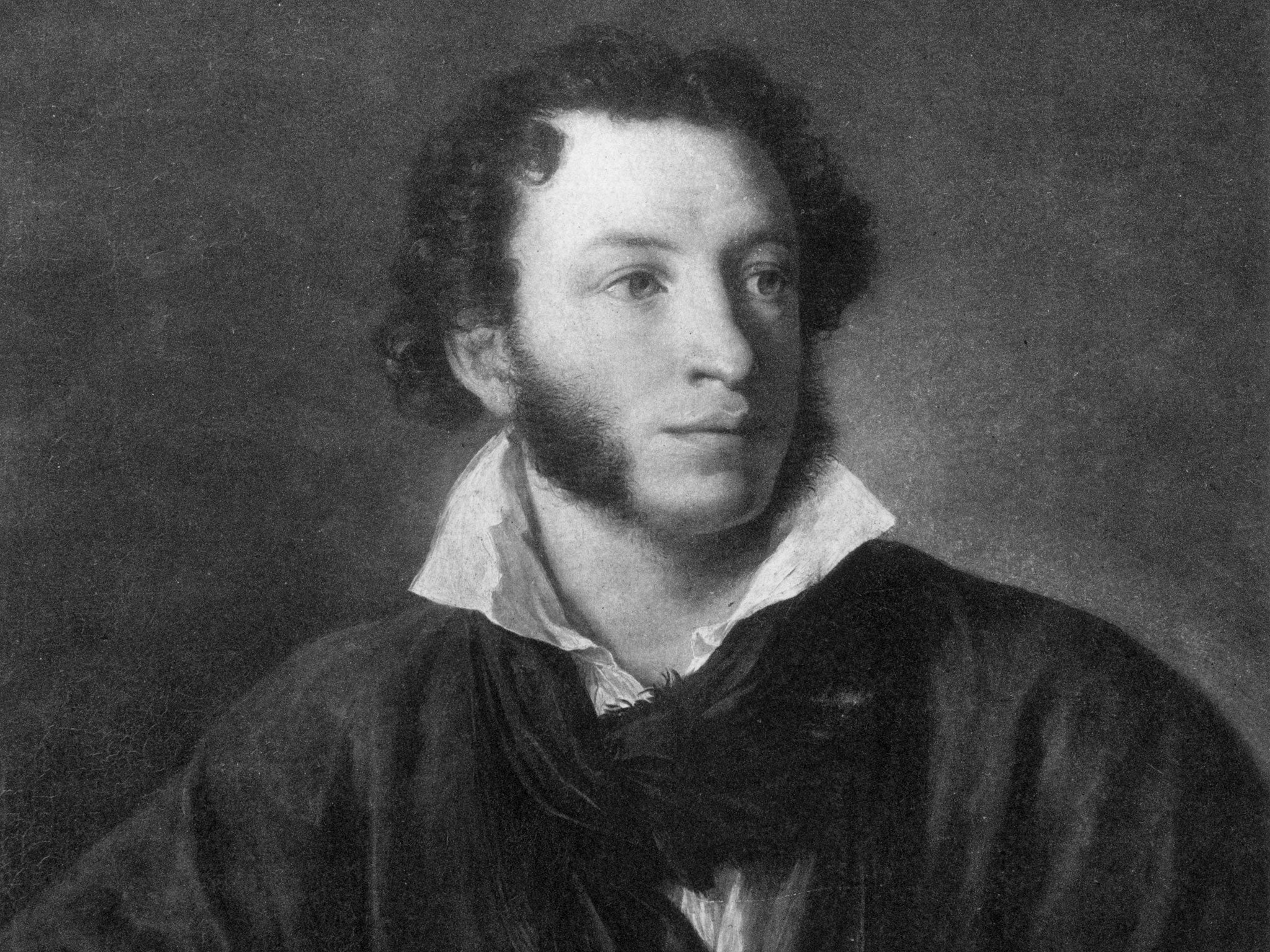Are you Tolstoy or Dostoevsky?
The Pushkin House Russian Book Prize aims to bring the UK and Russia closer together. Judge Viv Groskop sets the scene

Your support helps us to tell the story
From reproductive rights to climate change to Big Tech, The Independent is on the ground when the story is developing. Whether it's investigating the financials of Elon Musk's pro-Trump PAC or producing our latest documentary, 'The A Word', which shines a light on the American women fighting for reproductive rights, we know how important it is to parse out the facts from the messaging.
At such a critical moment in US history, we need reporters on the ground. Your donation allows us to keep sending journalists to speak to both sides of the story.
The Independent is trusted by Americans across the entire political spectrum. And unlike many other quality news outlets, we choose not to lock Americans out of our reporting and analysis with paywalls. We believe quality journalism should be available to everyone, paid for by those who can afford it.
Your support makes all the difference."So, are you Dostoevsky party or Tolstoy party?" It's a question you could expect to come up at a meeting of the judges of a prize for non-fiction writing about Russia. But I did not know how to answer it. The man asking was Boris Akunin, my fellow judge of the 2014 Pushkin House Russian Book Prize and Russia's best-selling contemporary novelist (30 million copies). "Dostoevsky party," I replied cautiously, fairly sure that he would be on the same side. "Oh dear," Boris shook his head, "I am Tolstoy party."
It had not started well. But somehow we ended up with a strong shortlist of six extraordinary new books, unveiled last week at the Independent Bath Literature Festival at an event hosted by Financial Times journalist and Pushkin House co-chair Andrew Jack, featuring me excitedly reading extracts from each title.
The £5,000 prize launched last year and is awarded "to the author of the best book about Russia or the Russian-speaking world, which is accessible to the general reader, and published in English for the first time between 1 January and 31 December 2013." Our chairman is Dr Rowan Williams, former Archbishop of Canterbury and legendary Russianist. (He declared himself Dostoevsky party. Which surprised me. Surely Tolstoy is more spiritual?) Also on the panel: Catriona Kelly, professor of Russian at New College, Oxford (Tolstoy party) and, in absentia via email, historian Douglas Smith, whose Former People won the inaugural prize last year (party unknown). The winner will be announced at London's Pushkin House in Bloomsbury on Wednesday 30 April.
We had a longlist of more than 40 contenders. Non-fiction writing about Russia is having something of a boom, perhaps because of the success of writerly historians like Orlando Figes and Simon Sebag Montefiore, as well as the increasing profile of commentators like Masha Gessen and Anne Applebaum (both on last year's shortlist). Gessen has a new book out about Pussy Riot, for example, too recently published to be eligible for our criteria.
Overall, though, contemporary writing on Russia fared poorly in the judging process, which took place just before events in Ukraine started to unfold. We all agreed that books looking at the current and most recent history of the post-Soviet bloc can be problematic: events on the ground move fast. Most of all, we felt that what the Russian situation benefits most from is historical perspective and background. The past fortnight has really underlined that for me.
The shortlist, then, is a masterclass in little-known but compellingly readable Russian history. Owen Matthews' Glorious Misadventures: Nikolai Rezanov and the Dream of a Russian America reads like a great novel: it tells the story of an adventurer and courtier in the early 19th century when Russia had outposts in California and Hawaii. (Yes, really.) Equally original and refreshing is The Black Russian by Vladimir Alexandrov, the biography of Frederick Bruce Thomas, the son of Mississippi slaves who became a millionaire impresario in Tsarist Moscow. (Also: yes, really.)
There are two books by academics who have made a career of writing brilliantly and accessibly about Russian history. One is wonderfully personal: Sheila Fitzpatrick's A Spy in the Archives: A Memoir of Cold War Russia describes in detail what it was like to be a post-graduate student insider in Moscow in the 1960s, a time of suspicion, shortages and endless accusations of spying. The other is a fantastic glimpse into the Kremlin itself: Red Fortress: The Secret Heart of Russia's History by Catherine Merridale. Lively and addictive, it's a rare glimpse behind the scenes of one of the very few buildings in the world that still keeps its original late-medieval function: to intimidate the populace.
And of course Russia can't be understood without reference to its food and music. Musorgsky and His Circle: A Russian Musical Adventure by Stephen Walsh is an intellectual biography of some of the best-known and most admired Russian musicians of the 19th century, the "Mighty Handful": Musorgsky, Balakirev, Cui, Rimsky-Korsakov and Borodin. Walsh also focuses on their guru, Vladimir Stasov, and presents a brilliant examination of the cultural context that created the music.
Finally, Anya von Bremzen's Mastering the Art of Soviet Cooking: A Memoir of Food and Longing is a highly entertaining treat. From a Moscow communal apartment where 18 families shared a kitchen, to an emigré life in the US where the author and her mother attempt to recreate the taste of their Soviet past, it's a celebration of finding identity through food rituals. And, like all the books on the shortlist, a reminder that there's more to a country than just news headlines.
Viv Groskop is a writer, broadcaster, Russian speaker and artistic director of the Independent Bath Literature Festival
Join our commenting forum
Join thought-provoking conversations, follow other Independent readers and see their replies
Comments